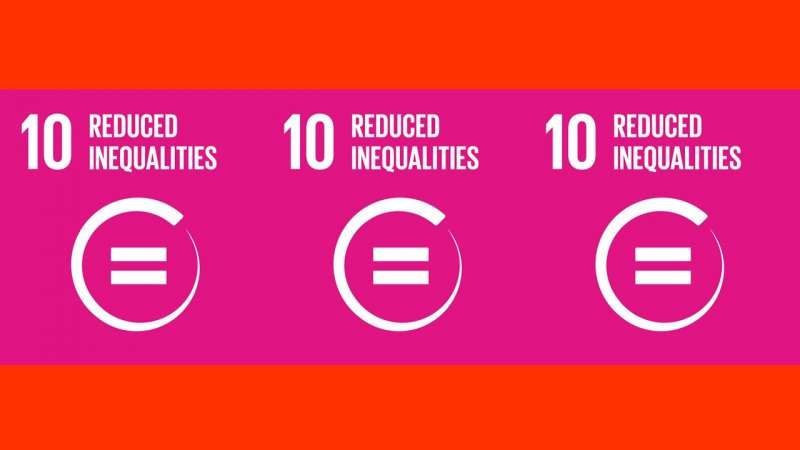By Ashnah Kalemera |
The challenges faced by persons with disabilities (PWDs) in accessing information online and financial services since Uganda introduced taxes on social media access and mobile money transactions came to light last August. These taxes added to the catalogue of barriers to promoting access to Information and Communications Technology (ICT) for disabled persons in the country.
Indeed, national statistics for internet and telephone penetration (49% and 69% respectively), are not disaggregated by disability which in itself could be telling of the state of digital accessibility for PWDs in Uganda. General barriers to ICT use in Uganda include high costs of accessing and owning ICT; a shortage of usage skills which is linked to low adult literacy rates; poor electricity and telephone network coverage in rural and underserved areas.
Furthermore, uptake of ICT for PWDs is hampered by the high cost of assistive technology; low levels of ICT and disabilities literacy among policy makers, academia, civil society and other stakeholders; non-implementation of policies related to ICT access for PWDs; and unavailability of relevant software in local languages. See draft ICT for Disability Policy (2017).
As a party to the United Nations Convention on the Rights of the Persons with Disabilities (CRPD), the government of Uganda has been working to ensure equal opportunities and inclusion of persons with disabilities.
Article 9 of the CRPD calls on state parties to take appropriate measures to ensure accessibility of ICT to persons with disability. The CRPD also calls on member states to ensure that private sector service providers, including through the internet, provide information and services in accessible and usable formats for persons with disabilities.
Following the drafting of the ICT Policy for Disability last year, the Ministry of ICT and National Guidance has also drafted Accessible Publishing Guidelines and an Accessible ICT Procurement Policy. The publishing guidelines are aimed at ensuring that government communications, documents and publications (print or electronic) are universally accessible at the same time and no extra cost to PWDs. They build on the Guidelines for Development and Management of Government Websites which set out requirements for accessibility for audio, visual and speech impaired users.
For its part, the proposed procurement policy requires all government Ministries, Departments and Agencies (MDAs) to ensure that PWDs have access to all government electronic facilities, resources and services by incorporating accessibility requirements in procurement of goods and services.
Speaking at an awareness-raising workshop on the proposed policies on October 11, 2018, Silas Ngabirano, the Assistant Commissioner for Information Management Services at the ICT ministry, stated that the policies had undergone participatory consultations, with input from MDAs, local government authorities, the private sector, civil society organisations, development partners and the media.
The proposed implementation plans for the policies include establishment of a national accessibility centre, set up of ICT and disability focal points at each MDA, monitoring of government ICT services for accessibility, and support to private sector initiatives working on accessible ICT products and services.
It remains unclear when the various policies are expected to be finalised. However, according to ICT Ministry, implementation of certain aspects of the proposed policies was already underway. For instance, all education institutions are currently required to have computer terminals accessible for students with disabilities. However, as highlighted by a lecturer participant from Makerere University, infrastructure at the university and many other institutions remained under-equipped for PWDs while course assessment procedures hardly took into account the needs of students with disabilities.
Meanwhile, the Uganda Communications Commission is working to enforce compliance with ICT licensing requirements and regulations with regards to sign language interpretation and subtitles by television broadcasters. In a notice issued on October 19, 2018, UCC states that effective January 1, 2019, it “shall not renew” licenses of any television operators not compliant with the provisions of the Persons with Disabilities Act, 2006. Section 21(2)(a) of the Act states that “Any person who owns a television station shall provide sign language inset or subtitles in at least one major news cast program each day and in all special programs of national significance.”
Further, in partnership with United Nations Educational, Scientific and Cultural Organisation (UNESCO), the Uganda government is working to develop an information portal, which once finalised, will track implementation of policies on assistive technologies and provide information and experiences of ongoing accessibility initiatives in the country. Previously, UNESCO has helped to conduct a training for Uganda government officials on web accessibility for PWDs.
At the sensitisation workshop, stakeholders acknowledged that implementation of the proposed policies and existing legal and regulatory frameworks is hindered by inadequate data on PWDs for effective planning. Resource requirements for provision of assistive devices, large print or magnifiers, materials in braille and video captioning, were also cited as a challenge.

